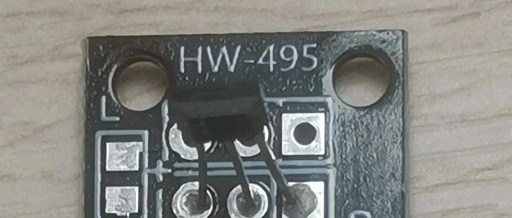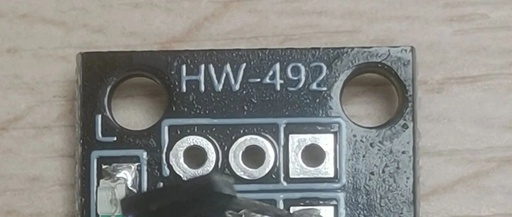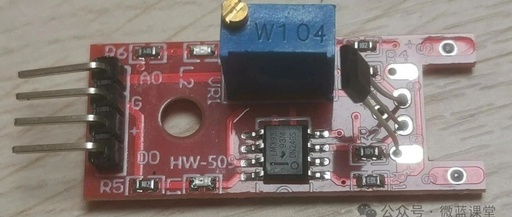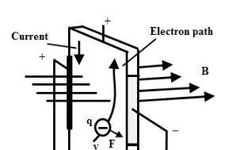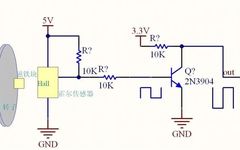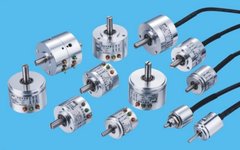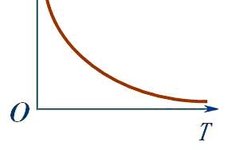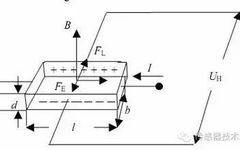Integrated SFI: This Position Sensor Enhances the Reliability of Industrial Control Devices
The Electronic Enthusiast Network reports (by Wu Zipeng) that position sensors play a critical role in the industrial sector, capable of detecting parameters such as the position, displacement, distance, and angle of objects, thereby enabling automation control, precise positioning, and status monitoring. With continuous technological advancements, the application scenarios for position sensors are becoming increasingly … Read more

